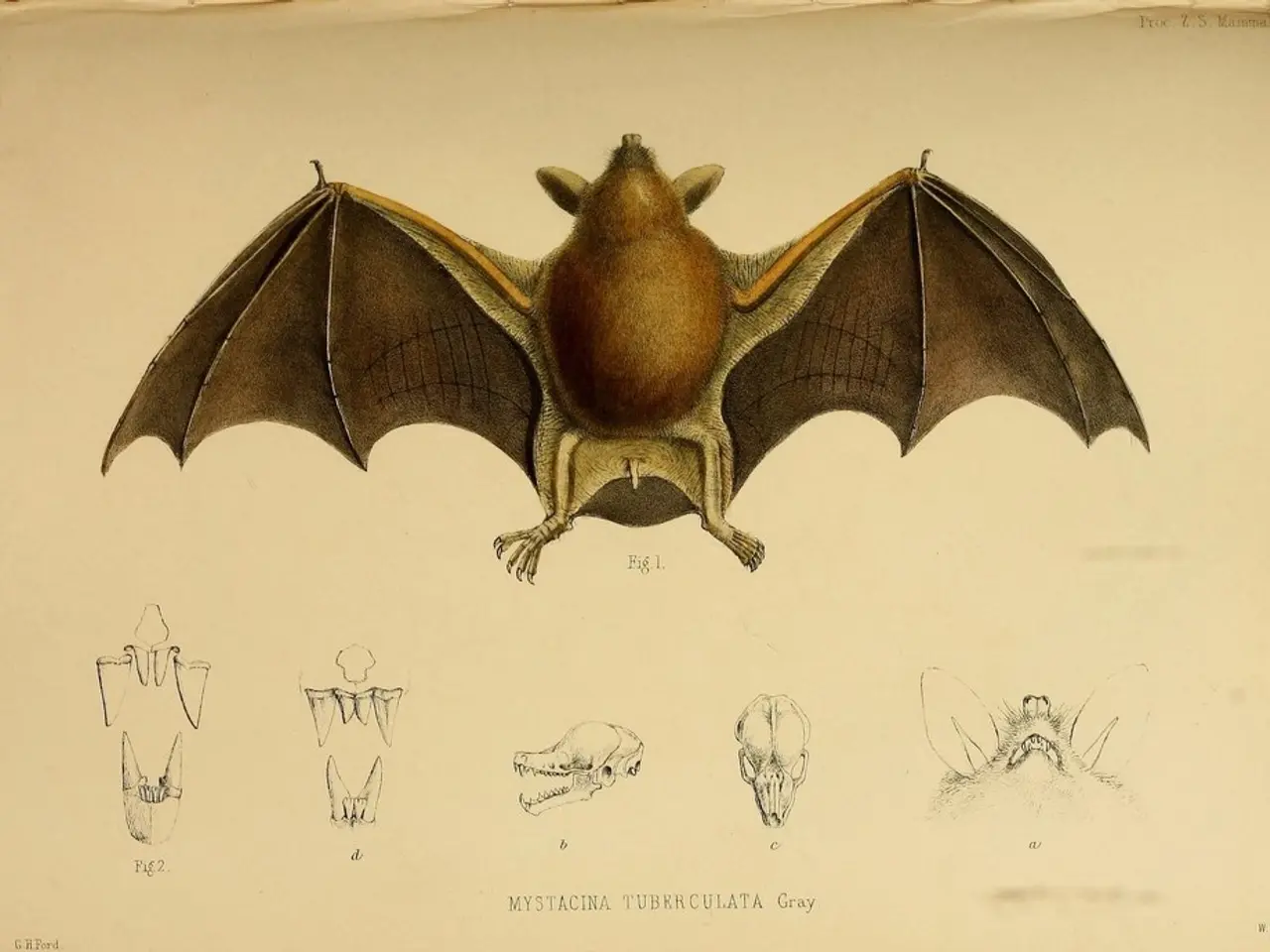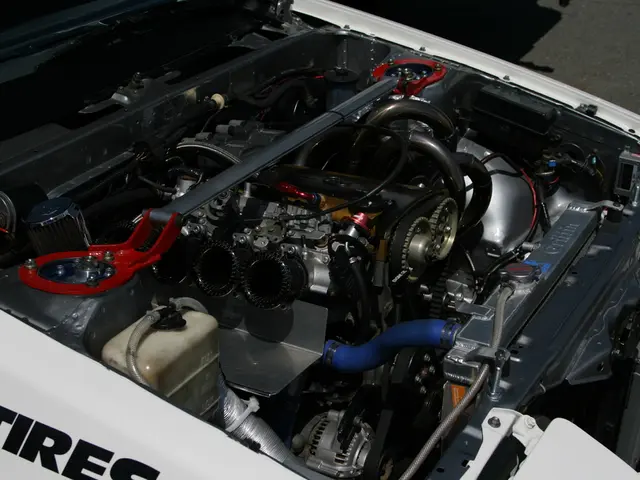General Motors to procure electric vehicle batteries from China's Contemporary Amperex Technology Co. Limited, according to an insider report
In the ever-evolving world of automotive manufacturing, General Motors (GM) is making a strategic move to bring an affordable electric vehicle (EV) to market by the end of 2025. To achieve this, the American automaker is temporarily importing lithium iron phosphate (LFP) batteries from Chinese manufacturer CATL[1][2][3].
The second-generation Chevrolet Bolt EV, set to roll off the assembly line at GM's Fairfax, Kansas plant in 2026, will be powered by these imported batteries[1][2][3]. This move is a stopgap solution until GM can produce its own LFP batteries domestically by 2027, through a joint venture with South Korean partner LG Energy Solution in Tennessee[3].
Despite an approximately 80% import tariff on Chinese EV battery cells due to U.S. trade policy, GM finds the temporary import cost competitive, especially since federal EV subsidies for foreign-made vehicles have been removed, reducing price disadvantages[1].
GM is shifting its battery strategy under new management since 2024 to include LFP technology, known for being lower cost due to no nickel or cobalt[1]. The LFP chemistry offers cost reductions of 20–35%, helping GM price the Bolt around $30,000 and remain competitive[4].
However, reliance on CATL and Chinese supply creates geopolitical and regulatory risks given U.S. government scrutiny and tariffs[4]. GM emphasizes that this import dependence is only temporary until its own US LFP production capacity is established, aiming for long-term supply chain self-sufficiency[1][2][3].
Meanwhile, other U.S. automakers, such as Ford, have also turned to CATL for battery technology to reduce costs[5]. Ford's Michigan battery factory, which has ties to CATL, came under scrutiny, but the company is expected to begin production in 2026 and is on track to receive federal production tax credits under recently revised rules[5].
The ongoing trade war and tariffs, instigated by U.S. President Donald Trump with the goal of increasing jobs and manufacturing power in the U.S., have not deterred automakers from importing parts and vehicles due to lower production costs or more advanced technology in other countries[6].
GM sells 12 EVs in the United States with domestically-produced battery cells[7]. As the automotive industry continues to evolve, it will be interesting to see how companies like GM and Ford navigate the complexities of global trade and technology to bring affordable, efficient, and environmentally-friendly vehicles to market.
References: 1. GM to import batteries from CATL for Chevy Bolt EV 2. GM to import batteries from CATL for Chevy Bolt EV 3. GM to import batteries from CATL for Chevy Bolt EV 4. GM to import batteries from CATL for Chevy Bolt EV 5. Ford to use CATL technology for battery cells 6. Trade war and tariffs continue to impact automakers 7. GM sells 12 EVs in the U.S. with domestically-produced battery cells 8. Ford's Michigan battery factory comes under scrutiny 9. Ford to begin production in 2026 and receive federal production tax credits
Read also:
- Brand-new Tesla Cybertruck fails after 70 miles, owner comments: "Glad it malfunctioned, easier to tackle issues at the outset"
- Airbus experiments with sustainable sea-based energy sources
- Ford and Tesla's Comparison in the Electric Vehicle Market
- Barnes & Noble teams up with Appcelerator for a collaboration







